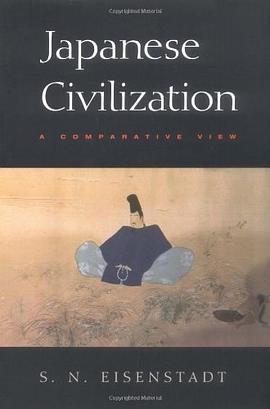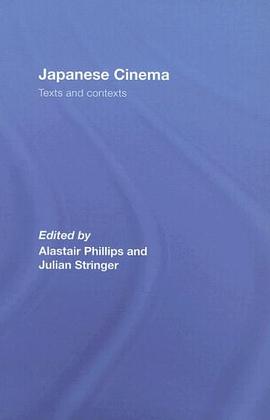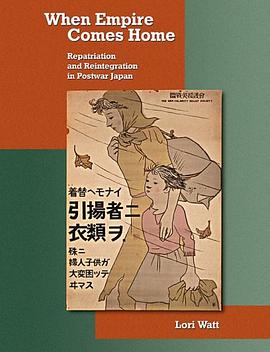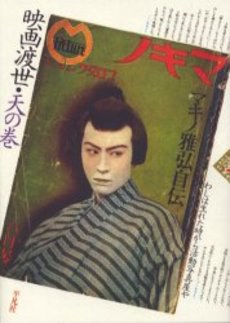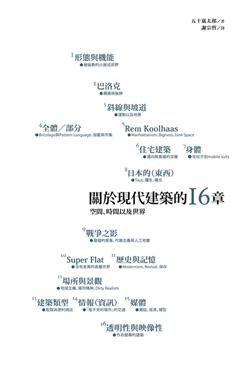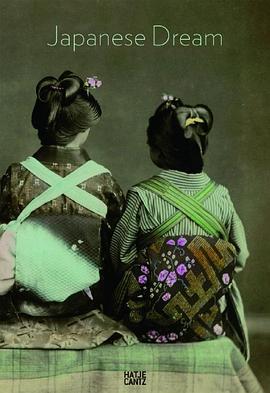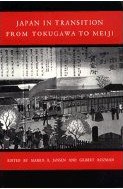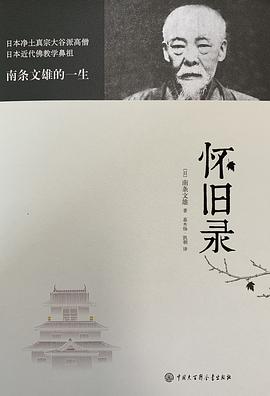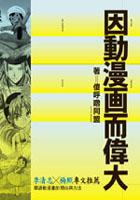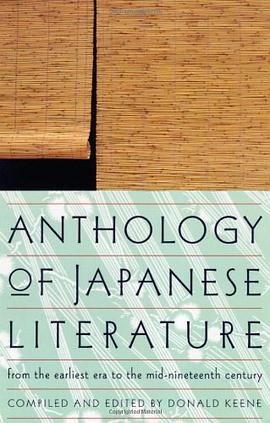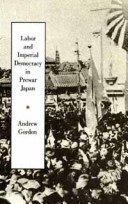
Labor and Imperial Democracy in Prewar Japan examines the political role played by working men and women in prewar Tokyo and offers a reinterpretation of the broader dynamics of Japan's prewar political history. Gordon argues that such phenomena as riots, labor disputes, and union organizing can best be understood as part of an early twentieth-century movement for "imperial democracy" shaped by the nineteenth-century drive to promote capitalism and build a modern nation and empire. When the propertied, educated leaders of this movement gained a share of power in the 1920s, they disagreed on how far to go toward incorporating working men and women into an expanded body politic. For their part, workers became ambivalent toward working within the imperial democratic system. In this context, the intense polarization of laborers and owners during the Depression helped ultimately to destroy the legitimacy of imperial democracy.Gordon suggests that the thought and behavior of Japanese workers both reflected and furthered the intense concern with popular participation and national power that has marked Japan's modern history. He points to a post-World War II legacy for imperial democracy in both the organization of the working class movement and the popular willingness to see GNP growth as an index of national glory. Importantly, Gordon shows how historians might reconsider the roles of tenant farmers, students, and female activists, for example, in the rise and transformation of imperial democracy. Labor and Imperial Democracy in Prewar Japan examines the political role played by working men and women in prewar Tokyo and offers a reinterpretation of the broader dynamics of Japan's prewar political history. Gordon argues that such phenomena as riots, labor disputes, and union organizing can best be understood as part of an early twentieth-century movement for "imperial democracy" shaped by the nineteenth-century drive to promote capitalism and build a modern nation and empire. When the propertied, educated leaders of this movement gained a share of power in the 1920s, they disagreed on how far to go toward incorporating working men and women into an expanded body politic. For their part, workers became ambivalent toward working within the imperial democratic system. In this context, the intense polarization of laborers and owners during the Depression helped ultimately to destroy the legitimacy of imperial democracy.Gordon suggests that the thought and behavior of Japanese workers both reflected and furthered the intense concern with popular participation and national power that has marked Japan's modern history. He points to a post-World War II legacy for imperial democracy in both the organization of the working class movement and the popular willingness to see GNP growth as an index of national glory. Importantly, Gordon shows how historians might reconsider the roles of tenant farmers, students, and female activists, for example, in the rise and transformation of imperial democracy.
具體描述
讀後感
評分
評分
評分
評分
用戶評價
動人之處在於描寫城市暴動和勞工組織內部的細微情狀;而著力論辯的從“大正民主”到“帝國民主”的部分,似乎不夠有說服力。
评分看看這紮實的史料運用!看看這樸實的行文造句!(在這裏膜並沒有用
评分Part2。在日比榖縱火案和搶糧風潮之間,日本發生大量民眾暴力事件,而集會與動亂正是爭取帝國民主的運動中的兩個核心元素;錶達方式部分延續江戶時代的習慣,部分如動員、公開的資/無産階級的對立則為新發明;動亂的三階段模式包括政治動員、於公共場閤集結乃至最終激化為暴亂,成員各色人等俱在,卻排斥女性;動亂發起者主要為受過教育的人,而實際參與者往往不受控製,其政治意識存疑,多數人僅僅齣於好奇;尚有粗通文墨的臨時領導人負責溝通前二者。動亂份子通過同寡頭政府搶奪象徵時間的控製權、戶外集會地點,以及戲仿後者的宣傳形式,變動亂為劇碼;不同成員發齣瞭關乎經濟福利、激進對外政策和國內政治的重疊聲音,從而消除瞭原先的階層差異;假“人民意誌”、“立憲”等修辭錶達忠君與民治/享的雙重訴求。一戰後工運脫離小資,獨立發展。
评分動人之處在於描寫城市暴動和勞工組織內部的細微情狀;而著力論辯的從“大正民主”到“帝國民主”的部分,似乎不夠有說服力。
评分動人之處在於描寫城市暴動和勞工組織內部的細微情狀;而著力論辯的從“大正民主”到“帝國民主”的部分,似乎不夠有說服力。
相關圖書
本站所有內容均為互聯網搜索引擎提供的公開搜索信息,本站不存儲任何數據與內容,任何內容與數據均與本站無關,如有需要請聯繫相關搜索引擎包括但不限於百度,google,bing,sogou 等
© 2025 qciss.net All Rights Reserved. 小哈圖書下載中心 版权所有


